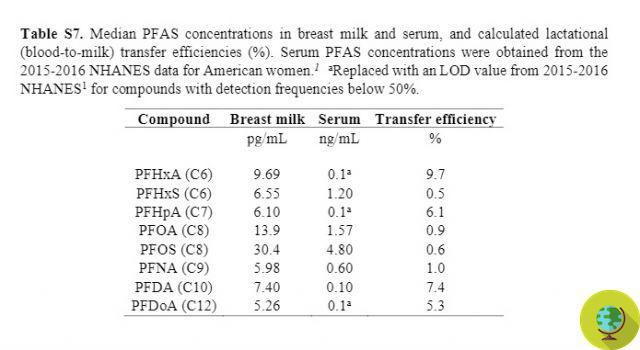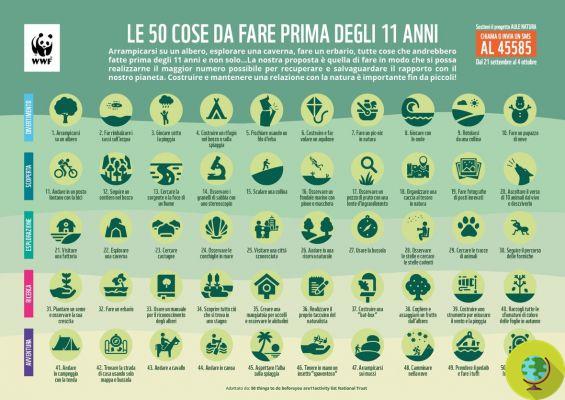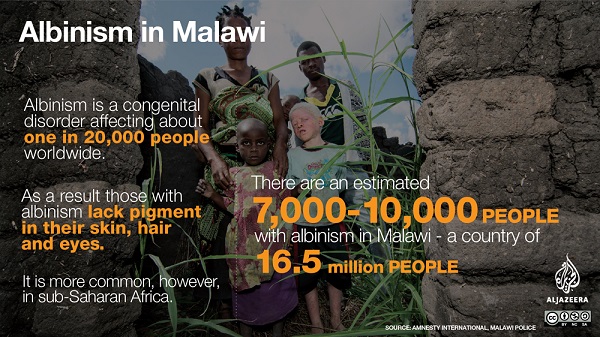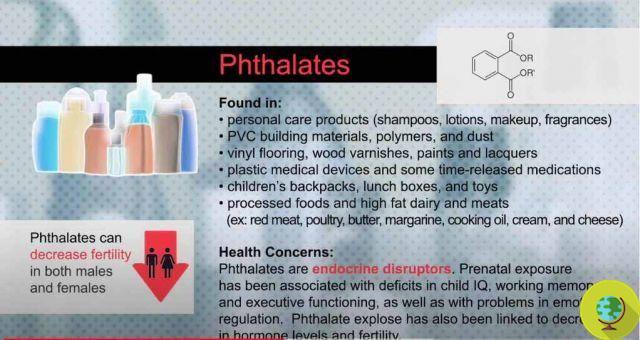A new study that analyzed the breast milk of 50 US women found high levels of Pfas in all samples
Don't store avocado like this: it's dangerousToxic chemicals, specifically Pfas, were found in all breast milk samples analyzed by a new study conducted in the United States. The problem of Pfas contamination therefore seems to be universal in the US and beyond.
New research, published in the journal Environmental Science and Technology, wanted to test 50 breast milk samples to see if they were contaminated with Pfas. Unfortunately, the investigations revealed a fairly serious problem: these toxic chemicals, in fact, were not only identified in all the samples tested but the levels were very high, the concentration ranged from 52,0 to 1850 pg / mL with an average concentration of 121 pg / mL, levels well above those deemed safe for water (there is no parameter for breast milk) by the Environmental Working Group (EWG).
A total of 16 compounds were identified. Perfluorooctanesulfonic acid (PFOS) and perfluorooctanoic acid (PFOA) were the most abundant Pfas in the tested samples.
"The study shows that Pfas contamination of breast milk is likely universal in the United States and that these harmful chemicals are contaminating what should be nature's perfect food," said Erika Schreder, study co-author and chief scientific officer of Toxic Free. Future.

@Environmental Science and Technology
The findings "are cause for concern" and highlight a potential health threat to infants, say the study authors.
Pfas are a class of approximately 9.000 compounds used to make products such as food packaging, clothing and carpet resistant to water and stains. In the United States they are known as "forever chemicals" because they do not decompose naturally and have been found to accumulate in the human body.
Their possible effects have been studied by various researches that have linked them to cancer, birth defects, liver disease, thyroid disease, low sperm count and a number of other serious health problems.
After the results obtained, in addition to expressing concern, the researchers also underline another aspect: newborns are difficult to study, so there is no in-depth analysis of how Pfas can affect them.
But Sheela Sathyanarayana, co-author of the study and a pediatrician at the University of Washington, said studies in older children and adults have linked these chemicals to hormonal disorders and suggested that Pfas damage the immune system, which could be particularly. problematic for infants, as breast milk strengthens their immune systems, among other things.
The study was carried out on a small sample but reviewed various socioeconomic and geographic groups and the situation was in any case worrying, albeit still to be investigated.
The research, among other things, also analyzed breast milk data from around the world and found that the frequency of detection of Pfas is increasing. A widespread and generalized problem, therefore, that we should seriously address.
How can pregnant or breastfeeding women be defended
The authors recommend that pregnant or nursing women protect themselves as much as possible by avoiding take-out food packaging, stain protectors, waterproof clothing using Pfas, and kitchen products with Teflon or similar non-stick properties.
Fonti: Environmental Science and Technology / Safer Chemicals
Read also:
- Pfas seriously harm the health of newborns and pregnant women. The study conducted in Veneto
- We defend breast milk (and our babies) from toxic chemicals

























